MS-PS1-2
Analyze and interpret data on the properties of substances before and after the substances interact to determine if a chemical reaction has occurred.
-
 Computing
ComputingLEDs offer new way to kill germs in water
Growing ultraviolet-light-emitting diodes on thin, flexible sheets of metal holds promise for water disinfection and other applications.
By Sid Perkins -
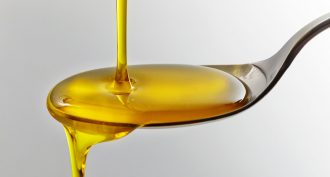 Chemistry
ChemistryScientists Say: Unsaturated fat
These fats are found in foods like olive oil. It’s their special bonds that make them go with the flow.
-

Teen prints a device to help keep wounds dry
A Broadcom MASTERS finalist invented a sensor that goes off when a wound is too wet. This would alert a patient it’s time to change their bandage.
-
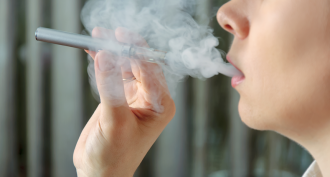 Environment
EnvironmentVaping may put your smile at risk
As e-cigarette use among teens rises, scientists find that vaping may cause cellular damage to the mouth, gums and teeth. Even the cells’ DNA was affected.
-
 Environment
EnvironmentSomething in plastics may be weakening kids’ teeth
The body can confuse some pollutants for a natural hormone. Researchers in France now find such pollutant exposures in childhood may lead cells to make defective tooth enamel.
-
 Chemistry
ChemistryGasp! At the movies, your breaths reveal your emotions
Researchers took air samples as they screened movies. What people exhaled were linked to film scenes’ emotional tone, they found.
-
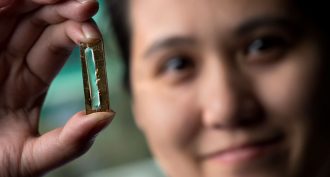 Materials Science
Materials ScienceNanowires could lead to super-long-lived battery
Scientists have long been looking for ways to make rechargeable batteries that last forever. They now may be close. Their solution: gel-dipped nanowires.
By Lela Nargi -
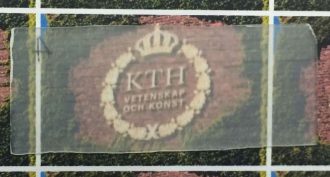 Tech
TechHow to make window ‘glass’ from wood
Scientists have come up with a way to make wood transparent. The new material could be used in everything from windows to packaging.
By Sid Perkins -
 Brain
BrainMales and females respond to head hits differently
Men and women are playing sports equally — and getting concussions in comparable numbers. But how their brains respond may differ greatly.
-
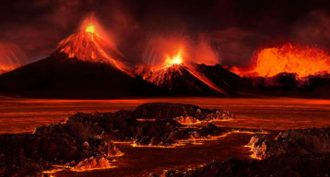 Fossils
FossilsClues to the Great Dying
Millions of years ago, nearly all life on Earth vanished. Scientists are now starting to figure out what happened.
By Beth Geiger -
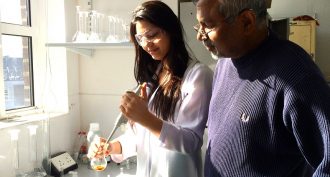 Chemistry
ChemistryHow sweat might make you smell sweeter
A new scent-delivery system ensures that the more you sweat, the more perfume it releases. In fact, it only works in contact with moisture.
-
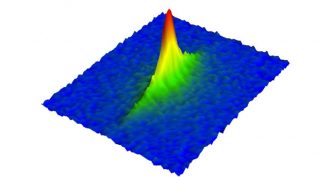 Physics
PhysicsNews Brief: Brrrrr — that’s really cold!
These atoms approached — and got oh so very close — to absolute zero.
By Andrew Grant